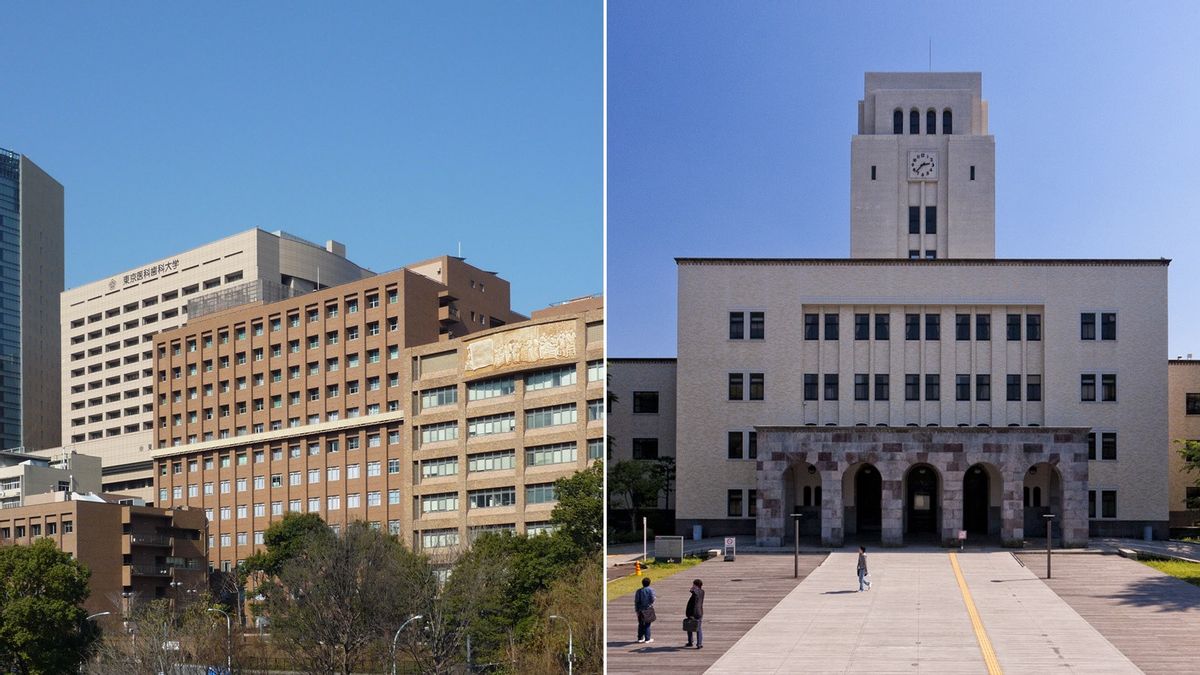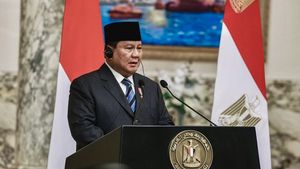JAKARTA - Two Tokyo national universities, the Tokyo Institute of Technology and the Tokyo Medical and Dental University, announced a merger agreement to become a new university by the end of fiscal year 2024, to increase global competitiveness in research on Friday.
The two universities that are considered top-tier in Japan in their respective fields intend to apply for government grants for integration.
This grant is part of the new 10 trillion yen (68 billion US dollars) funding program for the Land of the Rising Sun, to help universities achieve competitive research achievements internationally.
The agreement has paved the way for the first consolidation between Japan's national universities designated as globally competitive universities.
"Our merger will combine various academic fields to develop world-class education and research," Kazuya Masu, president of the Tokyo Institute of Technology, told a news conference, according to Kyodo News Oct. 14.
The two universities will form panels to prepare for integration, and are considering inviting students and alumni to think of names for new universities.
Making new universities from two well-established educational institutions rare in Japan, as most of the cases in recent years have seen the parent company being made where the two schools are managed.
Masu has told those around him, appointed as a globally competitive institution and eligible for new government grants, would be "strongly necessary to catch up with top US universities," according to sources close to the university.
The average number of annual academic papers published by Japan that attracted international attention between 2018 and 2020 was 3,780, making the country drop to 12th position, the lowest ever, according to Japan's 2022 Indicators of Science and Technology.
Japan was ranked fourth twenty years ago, before falling to sixth place ten years ago, showing a significant decline in research capabilities, according to the report.
Meanwhile, China and the United States are ranked first and second with an average of 46,352 and 36,680 papers published, respectively.
The lack of funds has been seen as the reason Japan has been defeated by other major countries, which has led the government to impose policies for extraordinary research.
But Yoichi Toronya, chairman of the Faculty and Staff Union of the University of Japan, expressed concern over the development.
"There is a growing trend from leading universities that attract talented researchers with favorable treatment," said Torhyaha,
"But I am concerned that it will cause a shortage of skills among smaller regional institutions," he said.
The English, Chinese, Japanese, Arabic, and French versions are automatically generated by the AI. So there may still be inaccuracies in translating, please always see Indonesian as our main language. (system supported by DigitalSiber.id)













